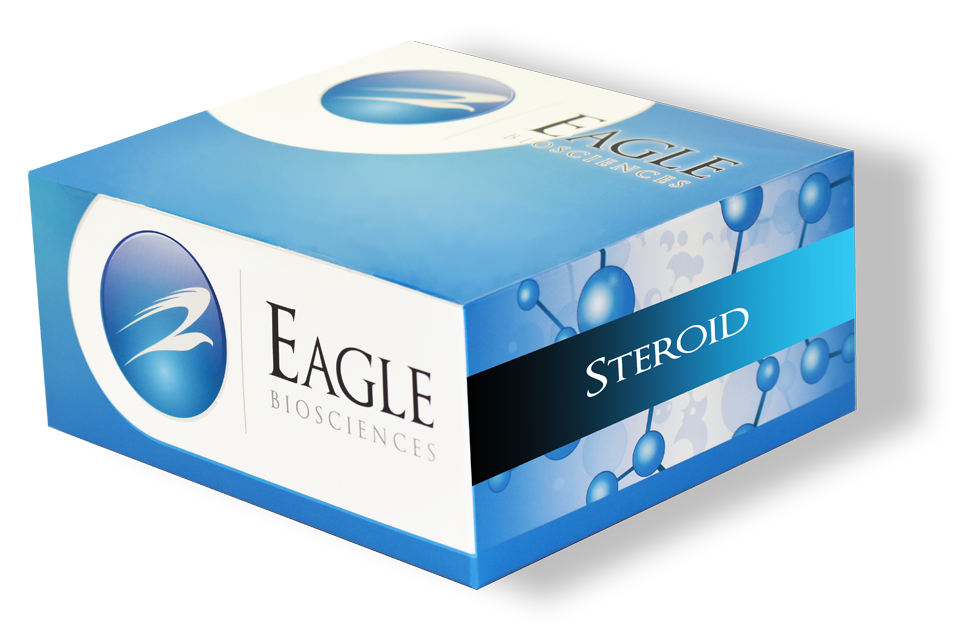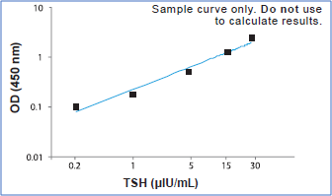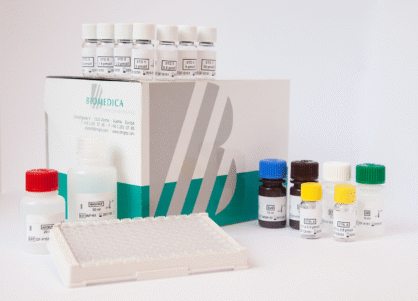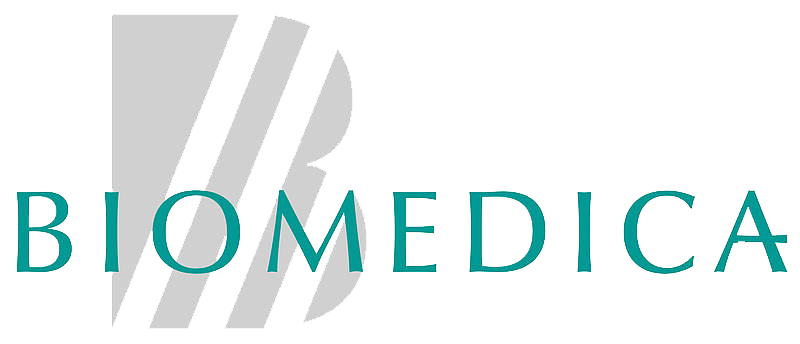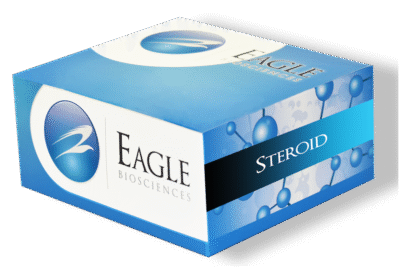Thyroid Stimulating Hormone (TSH) ELISA Kit
Thyroid-stimulating hormone (TSH), also known as thyrotropin, is a glycoprotein hormone produced by the anterior pituitary gland that regulates the function of the thyroid gland. It stimulates the thyroid to produce and release the hormones thyroxine (T4) and triiodothyronine (T3), which are essential for regulating metabolism, growth, and development. TSH secretion is tightly controlled by a negative feedback loop involving circulating levels of T3 and T4, making it a sensitive indicator of thyroid gland activity and overall endocrine balance.
In clinical and research settings, TSH is the primary screening biomarker for assessing thyroid function. It is commonly used to diagnose hypothyroidism (characterized by elevated TSH) and hyperthyroidism (marked by suppressed TSH), as well as to monitor patients receiving thyroid hormone replacement or antithyroid therapy. TSH testing is also valuable in evaluating subclinical thyroid dysfunction, which may not present with overt symptoms but still affects metabolic and cardiovascular health. In research, TSH is used to investigate the mechanisms of thyroid regulation, its interactions with other hormonal systems, and its role in diseases linked to thyroid dysfunction, such as autoimmune thyroiditis and metabolic syndrome.
This Thyroid Stimulating Hormone (TSH) ELISA Kit is manufactured in USA by Eagle Biosciences.

